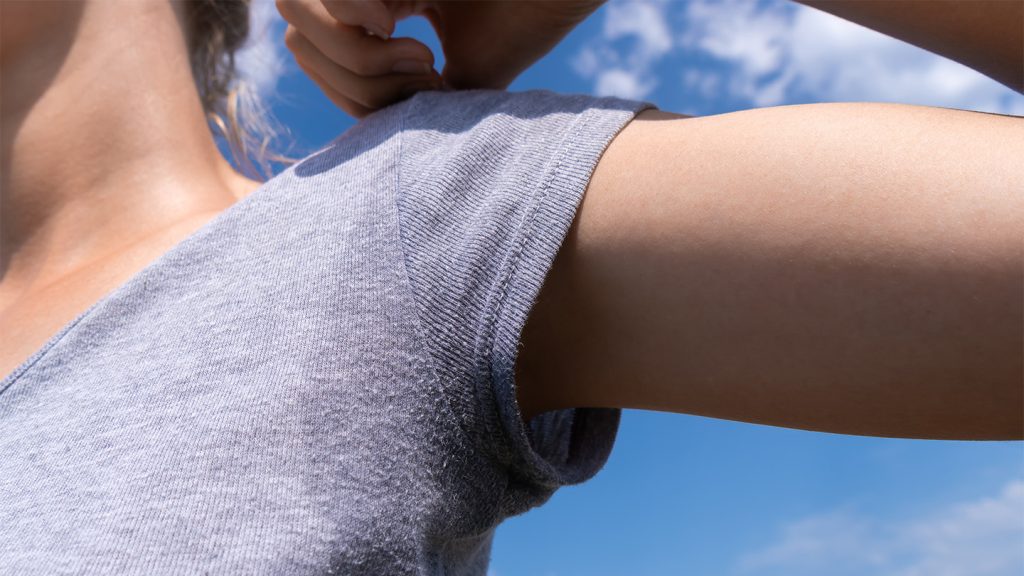Puberty changes almost everything. Bodies grow taller, muscles become stronger, and body odor often becomes stronger too. Now, scientists have identified some of the chemicals that give teenagers their natural smell.
Unlike the body odor of babies and young children, teenagers have two smelly steroids in their body odor and higher levels of carboxylic acids, as reported by researchers on March 21 in Communications Chemistry. These chemicals form when bacteria break down armpit sweat and sebum, the oily secretions that keep our skin moist, and may contribute to the noticeable changes in body odor during puberty.
“Body odor changes as you grow up,” says chemist Helene Loos of Friedrich-Alexander-Universität Erlangen-Nürnberg in Germany. “There is a wide variety of different odor chemicals in body odors.”
Loos and colleagues collected body odor samples from 18 teens aged 14 to 18 and 18 young children aged 0 to 3 who had slept with cotton pads under their arms for a night. Separating the body odor into individual components revealed that young children and teens share over 40 compounds.
While some groups of chemicals showed no difference between age groups, the smells of carboxylic acids were more common in teens. These compounds included a mix of pleasant smells, described by a group trained to evaluate smells as fruity, soapy or grassy, and less-appealing ones that smelled cheesy, musty or goatlike.
Researchers also identified two steroids found only in the body odor of teenagers. One, called 5α-androst-16-en-3-one, has a smell of sweat, urine and musk. The other, called 5α-androst-16-en-3α-ol, has a smell of musk and sandalwood.
A few components of scented products were also found, even though the participants had avoided deodorant and used unscented body wash and detergent for two days before the study.
Notably, some chemicals known to contribute to strong body odor were not detected, says biochemist Andreas Natsch of Givaudan, a fragrance and flavor manufacturer based in Vernier, Switzerland. Those chemicals might need different detection methods, or they may become more noticeable after exercising or getting sweaty (SN: 7/13/21).
In future research, Loos hopes to search for those chemicals and to study how body odor changes during other stages of growth (SN: 5/30/12).



